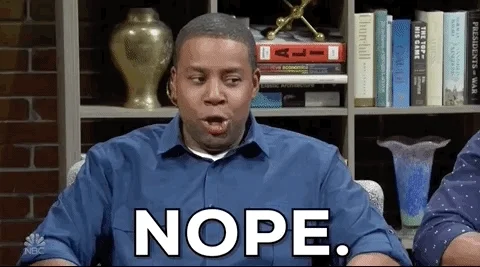This is a dangerous line of thinking.
It’s understandable, from a psychological perspective, why we would want language that would have a simple explanatory power, in order to grasp it, but it is an impulse we should try to avoid to the best of our abilities.
We need to understand that no matter what we call it, madness, evil or just being an asshole there is no single thread, that connects the perpetrators, never mind one that can give a reason to it.
The danger comes from two things.
Firstly in seeking a single, simple factor, we blind ourselves to the complexity of what goes on, we put our need for an explanation first, thus shutting down the chance of really looking at it, which, of necessity must always be an unfinished process, aware of the contingencies of each example.
Secondly we do so as a form of psychological othering: we look for something that definitively sets the perpetrators apart, in order to reassure ourselves it couldn’t possible be us.
But all of history tells us that we are not isolated individuals set apart form the world, but actors always in thrall to circumstance. It is precisely the belief that we are inherently good that allows people to perpetuate acts of mass murder in the right circumstances. The urgency of the history of the Holocaust has been to show how people can be swept up in their circumstances to perpetuate evil unless they are engaged in an active process of questioning and self-examination.
This is a well studied area. I would recommend Christopher Browning’s book Ordinary Men. It’s a relatively short work (for books in ths area). It examines the history of Reserve Police Battalion 101. A group of ordinary middle aged German men, reserve police men who were ordered to liquidate a Jewish village in 1942. Despite the fact that most of them had never fired a gun before they happily did so for the most part, only between 10 to 20% tried to avoid doing so. This group of 500 men went on to be directly responsible for something like 38,000 murders and transported 45,000 more people to the death camps.

